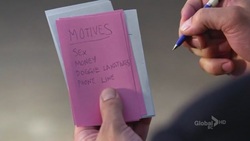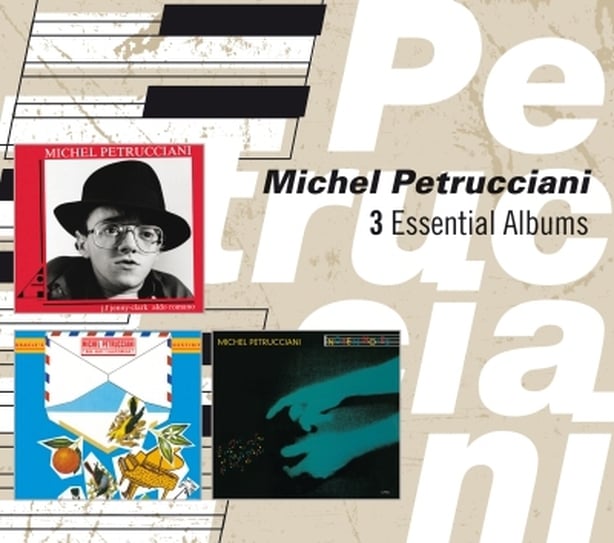

The city is the woman leaning against the man on the park bench on a summer’s weekend morning.

The home for vast swaths of the laughter and joy of human interaction. The location of charity and civilization. The great cities are neither vile stinkpots nor enchanted gardens. And the city is the place where munificence can flower. He calls it the virtue of munificence: donations to public life so large that only the wealthy can undertake them.

But Aristotle gives us another name for the good act of making grand gifts. The virtue of generosity proves difficult for the rich: acts of charity are generous only when they come with sacrifice, and the truly wealthy sacrifice little even when they give much. The city is home to museums, symphonies, ballet, and opera – all the civilized arts that exist only thanks to public munificence. For that matter, something harder edged, like Marc Chagall’s Paris through the Window. Or something in a softer focus, like Claude Monet’s Houses of Parliament, Sunset. Strolling, say, under an umbrella in Gustave Caillebotte’s Paris Street, Rainy Day. Or imagine being in a cityscape painting. Want a counter image of a metropolitan world? Imagine, maybe, breakfasting on croissants and café au lait, “Early in the morning / Of a lovely summer day,” to quote the poet Robert Hillyer: The place of manners, for that matter: No civilization exists without the civitas. The place of awnings and marble vestibules. The city is the place of parks and tree-lined boulevards and flags waving over paved streets. Or, at least, another way to see it: The city is the place of flowers, cut carnations and roses in buckets at the corner grocery. The city is built on death, all the way down. Peel it back to the bare ground of origin, and all we would find is the first grave of a founding murder.

Peel back the corpses piled on corpses, the generations of violence. Peel back the city to the time of its foundation. And even then we would not discover the enchanted whisper of beginning, the fresh green breast of a new world. The stained soil crushed beneath the city’s unnatural weight. The subways, sewers, and rusted steam pipes.
#BONES PIANO PRODIGY CRACKED#
Peel back the centuries of cracked pavements. All urban spaces have that deep ineradicable stench of so many people so close together. London, Los Angeles, Lahore: the place hardly matters. Though Dylan and Lizzie initially clash, when it comes to catching killers, they realize they will make an ideal team if they both trust their instincts.All photographs used by permission from Valentino Belloni But as Dylan feels reenergized tapping into his old skill set, his husband, Andy, is concerned that Dylan’s breaking their pact about putting away his cloak and dagger for good. Jasmine Gooden, is glad to see her best detective finally agree to work with someone on a case, since Lizzie has refused any partner since a tragic event one year ago. Helping them is Julian Cousins, Dylan’s invaluable CIA comrade who rivals Dylan in brilliance and wit, and can get top-secret dirt on anyone, anywhere, anytime.
#BONES PIANO PRODIGY SERIAL#
But when tenacious top NYPD detective Lizzie Needham appeals to him to help her catch a serial murderer who is using Dylan’s first book as a tutorial, Dylan is compelled by the case and comes out of retirement. Dylan Reinhart is a gifted author and university professor living a quiet life teaching psychopathic behavior to packed classes of adoring students. “Instinct” stars Alan Cumming as a former CIA operative who is lured back to his old life when the NYPD needs his help to stop a serial killer.


 0 kommentar(er)
0 kommentar(er)
